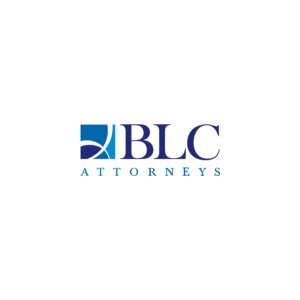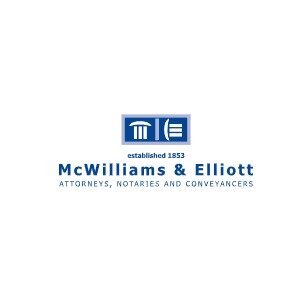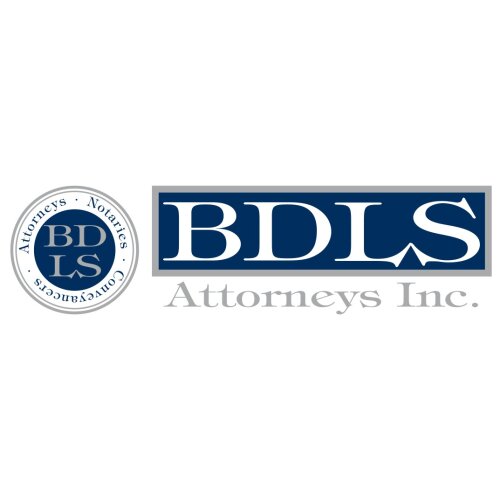Best Business Registration Lawyers in Port Elizabeth
Share your needs with us, get contacted by law firms.
Free. Takes 2 min.
List of the best lawyers in Port Elizabeth, South Africa
About Business Registration Law in Port Elizabeth, South Africa
Business registration in Port Elizabeth, South Africa, is a legal requirement for anyone intending to conduct business activities. The governing law primarily responsible for business registration is the Companies Act 2008. Registration ensures formal recognition of your business, making you eligible for tax benefits, legal protection, and better financial assistance options.
Why You May Need a Lawyer
Though business registration can seem straightforward, it involves various intricacies that necessitate legal guidance to ensure accurate understanding. A lawyer can assist you in choosing the appropriate business format, understanding legal and tax responsibilities, and filing necessary registration documents accurately. Furthermore, lawyers can provide advice about potential legal issues and represent you if any dispute occurs.
Local Laws Overview
In Port Elizabeth, as elsewhere in South Africa, businesses must be registered with the Companies and Intellectual Property Commission (CIPC). The Companies Act requires the submission of a Memorandum of Incorporation and Notice of Incorporation. Companies must fall under one of five categories: private, public, personal liability, state-owned, or non-profit. Each category has specific legal requirements and implications.
Frequently Asked Questions
1. Can I register a business myself, or do I need a lawyer?
While you can register a business yourself, having a lawyer can help avoid common mistakes and ensure all legal requirements are met.
2. How long does business registration take?
Typically, the process can take anywhere from a few days to a few weeks, depending on the completeness and accuracy of the information provided.
3. What happens if I don't register my business?
Failure to register a business is deemed illegal and can result in penalties. Registered businesses offer more credibility to customers and possible investors.
4. What are the costs involved in business registration?
The cost varies based on the type of business being registered, with additional costs for legal assistance if utilized.
5. What is a Memorandum of Incorporation?
A Memorandum of Incorporation is a document outlining details about the business, including directors and stakeholders, and outlining the rights, duties, and responsibilities of those involved.
Additional Resources
Information regarding enterprise registration can be accessed via the CIPC, The Department of Trade and Industry, and South Africa Revenue Services. Moreover, local business support organizations offer valuable guidance and resources related to business formation and operation.
Next Steps
If you require legal assistance with business registration, it would be wise to engage the services of a local attorney experienced in business law. Compile all relevant business information and prepare a list of questions to take to your initial consultation. By doing this, you will set a good foundation for your working relationship and ensure your business is legally compliant.
Lawzana helps you find the best lawyers and law firms in Port Elizabeth through a curated and pre-screened list of qualified legal professionals. Our platform offers rankings and detailed profiles of attorneys and law firms, allowing you to compare based on practice areas, including Business Registration, experience, and client feedback.
Each profile includes a description of the firm's areas of practice, client reviews, team members and partners, year of establishment, spoken languages, office locations, contact information, social media presence, and any published articles or resources. Most firms on our platform speak English and are experienced in both local and international legal matters.
Get a quote from top-rated law firms in Port Elizabeth, South Africa — quickly, securely, and without unnecessary hassle.
Disclaimer:
The information provided on this page is for general informational purposes only and does not constitute legal advice. While we strive to ensure the accuracy and relevance of the content, legal information may change over time, and interpretations of the law can vary. You should always consult with a qualified legal professional for advice specific to your situation.
We disclaim all liability for actions taken or not taken based on the content of this page. If you believe any information is incorrect or outdated, please contact us, and we will review and update it where appropriate.










